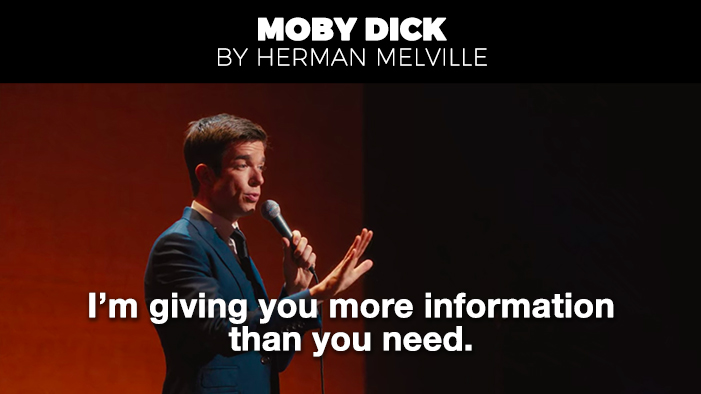Rye, the protagonist of “Speech Sounds,” takes the Washington Boulevard bus to Pasadena, twenty miles from her home in Los Angeles, to find out whether her brother and his children are alive. When a disagreement between two passengers breaks out, the men gesture noisily as the driver swerves to knock them off balance and passengers watch worriedly. Rye knows that anything could set off a fight because the men’s communication skills are limited. The bus hits a pothole, throwing the taller man against the shorter one, and fists fly as people screech fearfully. As another fight breaks out among men watching, Rye braces herself, predicting that the driver will brake suddenly. When he does, people topple, sparking yet another fight.
When the bus stops, Rye quickly exits by the back door, but most passengers stay put because buses rarely come. People get around by walking, sometimes camping on the road. Rye moves away from the bus and stands near a tree for protection in case someone begins shooting. An old Ford stops nearby, and its driver gestures to Rye. She moves away because cars are rare and often deployed as weapons. The driver, a large, bearded man, gets out and watches the rocking bus. Rye thinks of the gun she carries as the man gestures questioningly toward the bus with his left hand. Left-handed people are often more capable of reason, so Rye gestures back to indicate that people are fighting. The man has an LAPD badge, baton, and service revolver, yet the Los Angeles Police Department no longer exists; now there are simply armed individuals and small groups.
The man tosses his overcoat into the car and motions Rye toward the back of the bus. He throws a tear gas canister into the bus, forcing people to evacuate. Rye helps elderly people and children as they stagger out, and finally the men who are fighting get out. The Ford’s driver also removes the infuriated bus driver, who gestures with “wordless anger” as the man stands back and watches, his gun clearly visible. This is how less impaired people tend to act, waiting with “an attitude of superiority” to see what the more impaired will do. It is an attitude that can prompt beatings.
The driver waits for the gas to clear from his bus, on which are pasted magazine pictures of items he accepts as fares. He yells at the bearded man, and Rye wonders whether actual words are in the sound. After three years of rarely hearing speech, she’s not sure how impaired her ability to understand is.
Ready to leave, the bearded man beckons to Rye to join him. She declines as passengers watch them, aware that she and the man are communicating successfully. One of the fighters uses his hands to convey the idea that if Rye and the driver are sexual partners, Rye should “accommodate” other men, too. She knows that if he tries to rape her, or if she shoots him, others will simply watch. He walks away scornfully.


 payment page
payment page



